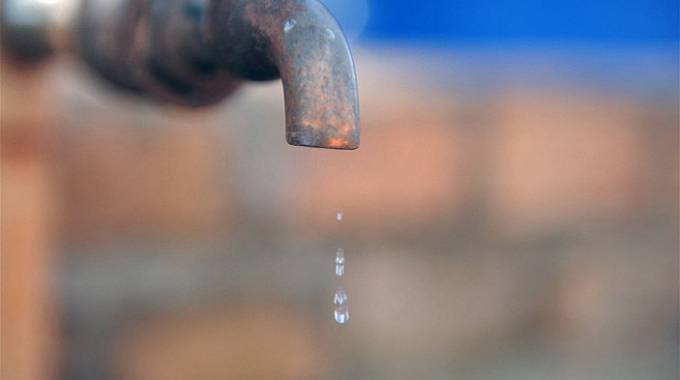
The Sunday Mail

Debra Matabvu
Government has channelled an additional $42 million to the Harare City Council (HCC) to enable it to procure water treatment chemicals as part of interim measures to deal with the capital’s water woes.
The funds, which are an addition to the $37,4 million released by Treasury for water infrastructure projects last week, were hived off the kitty reserved for devolution projects in Harare.
Of the allocation, $32 million will be used to settle the debt owed to Chemplex Corporation, the city’s major supplier of water treatment chemicals, while the remainder will be used to replace old pipes.
It is estimated that City of Harare is losing 60 percent of treated water to leaks.
Local Government, Public Works and National Housing acting Permanent Secretary Retired Colonel Joseph Mhakayakora said paying off the debt to suppliers of water treatment chemicals will enable Harare to build its stocks.
“We are building water treatment chemicals’ stockpiles by paying off the debt we are currently owing Chemplex,” he said.
“This will be done to capacitate them so that they are able to produce chemicals for us and reduce the import bill.
“We are also looking at substituting other chemicals such as chlorine. In the next six weeks, we should be seeing a change in water chemicals. It will also reduce the logistics cost.”
HCC also got assistance from the African Development Bank to replace old water pipes, which will complement the $10 million released by Government for the same project.
Dysfunctional water meters will also be replaced.
Harare is currently testing chemicals that are expected to substitute for the chlorine compound now used and reduce the number of water treatment chemicals from the current nine to less than four.
An estimated US$2,5 million is used to treat water pumped to residents every month as the raw water in the storage dams is heavily polluted.
Earlier this year, the Environment Management Authority (EMA) identified City of Harare as the main polluter of Lake Chivero – the city’s major water source – through discharging raw sewage.
Major projects kick in
In addition to helping the local authority through writing off a $135 million debt owed by HCC to the Zimbabwe Revenue Authority (Zimra), Government has already begun working on accessing the remaining US$72 million from the US$144 million loan from the Export-Import Bank of China (China Exim Bank).
Beijing had discontinued the loan owing to rampant corruption by the MDC-run council, but President Emmerson Mnangagwa recently successfully negotiated with his Chinese counterpart, President Xi Jinping, for the project to continue.
Preliminary work on the construction of Kunzvi-Musami Dam, which is expected to augment water supplies for the burgeoning population in Harare and its satellite towns, has also begun.
Treasury has since approved the financing model for the major project – estimated to cost US$680 million – and is now working with financiers of the project.
A South African company, Gibbs International, which had been contracted to work on feasibility studies for the envisaged dam, has since completed its work.
“Treasury is now working closely with China . . There are also negotiations on the remaining US$72 million from China; once we get the remaining funds, we will have sufficient water to reach Warren Control (Pump Station). From there, they have to work on the distribution network to other reservoirs such as Letombo and Mabvuku.
“The deliberations are at an advanced stage,” said Col Mhakayakora.
City fathers have largely been blamed for water shortages as they have collapsed the billing system and failed to generate adequate funds to bankroll urgent water infrastructure development projects.
While council’s monthly collections range between $13 million and $20 million, it spends $35 million on water treatment chemicals, $12 million on salaries and $8 million on fuel.
Overall, its expenses – excluding outlays for critical service provision – overshoot its monthly revenues by $35 million.
This has prompted Government to step in.
Dr Percy Toriro, an urban planning expert, said there is need for a battery of measures to comprehensively deal with the current challenges.
“To deal with this, we need short-term, medium-term and long-term strategies. Let us use the little water we have sparingly,” he said on his Facebook post last week.
“The city embarked on a pipe replacement plan, which appears to have been incomplete. At the current reported water loss levels of over 50 percent, coupled with slow reactions to burst pipes, we are putting our resources in a leaking container.”



